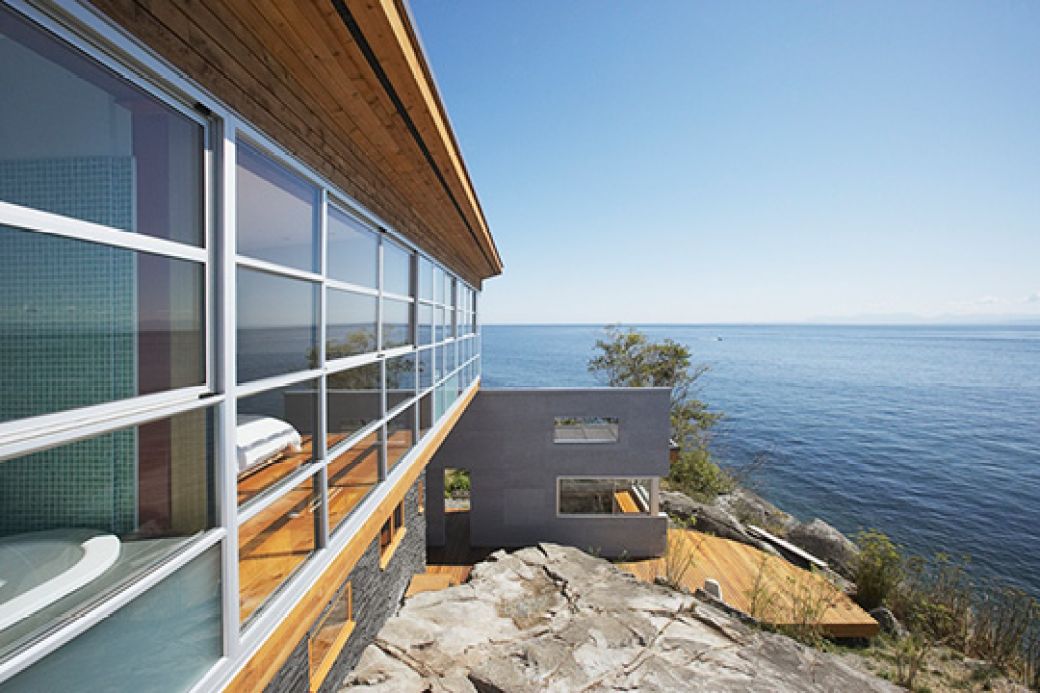If you have a mortgage on your home and you live in a high-risk flood zone, in most cases, your lender requires you to buy flood insurance.
However, if you live in a moderate- to low-risk zone, and your community belongs to the National Flood Insurance Program (most do), then you have the option of buying it.
If you’re in the latter category, your first question probably is, “How much does it cost?” Federal flood insurance can cost just a few hundred dollars or as much as $10,000 a year, depending on your risk factor.
Some other facts that can help you make up your mind:
Your Homeowners Insurance Doesn’t Cover Flood Damage
It only covers water falling from the sky. Once water touches the ground and enters your home, it’s a flood, and only flood insurance will pay for the damage.
For example, if a tree limb pokes a hole in your roof during a rainstorm, and rainwater damages your ceiling and floor, that’s covered by your homeowners insurance. But if heavy rain causes the creek in your neighborhood to overflow into your home, that’s covered only by flood insurance.
To be more precise, the National Flood Insurance Program uses this definition of a flood:
A general and temporary condition of partial or complete inundation of two or more acres of normally dry land area or of two or more properties (at least one of which is your property) from overflow of inland or tidal waters, from unusual and rapid accumulation or runoff of surface waters from any source, or from mudflow.
Everyone Lives in a Flood Zone
It’s just a matter of how much risk of flood there is. The NFIP can tell you your home’s exact risk of flooding. But in a nutshell, zones A and V are high risk areas. Moderate- to low-risk areas are zones B, C, and X. If you’re in zone D, the risk isn’t clearly known because it hasn’t been mapped yet. But you still can purchase flood insurance. The zones are used to help determine policy rates.
More Than 20% of Flood Insurance Claims Come From Moderate-to-Low Zones
That’s 1 out of 5. And that’s not counting homeowners who weren’t insured and, therefore, couldn’t file claims. No one knows how many uninsured there are, although only 18% of homeowners have flood insurance.
You Can’t Count on Government Aid
Government aid comes largely in the form of loans, which you will have to repay. Before you can even qualify for a loan, your area has to be declared a federal disaster area, and federal disaster assistance is declared in less than half of all flooding events.
The Average Flood Claim is $30,000
But if you live where the water rises so high that emergency responders have to cut roof holes to rescue people, your potential flood loss could be quite a bit higher.
Cost of damage to a 2,000-sq.-ft. home by 6 inches of floodwater:
| Finished floor, wood, carpeting | $15,870 |
| Doors, base trim, windows | $2,150 |
| Electrical, plumbing | $320 |
| Cleaning | $2000 |
| Kitchen and bath cabinets | $4,500 |
| Appliances | $180 |
| Washer, dryer | $150 |
| Repairs to furnace/AC | $270 |
| Bedroom furniture | $1,800 |
| Kitchenware and food | $330 |
| Living room furniture | $2,700 |
| Computer accessories | $1,100 |
| Media equipment | $150 |
| Accent furniture and accessories | $450 |
| Personal items | $650 |
| Total | $39,150 |
| 1,000 sq. ft. home is $20,150 |
If You Decide to Purchase Flood Insurance . . .
To get an idea of how much coverage you’ll need, create a home inventory and then estimate the cost of repairing or rebuilding your home. Together, those two figures are your total potential loss.
A federal flood policy would cover rebuilding costs up to $250,000. You can also get a NFIP to cover up to $100,000 in possessions. One or both of those.
If your home would cost more than $250,000 to rebuild, you have to buy a private flood insurance policy called “excess coverage” to insure the value of your home above $250,000. Ask your insurance agent for options.
Related: Find out What Flood Insurance Does and Doesn't Cover
Questions to Ask Your Agent
FEMA’s online flood map locator can estimate your premium and help you find an agent who sells federal flood insurance in your community.
When you talk to an agent, make sure you get answers to these questions:
- What will and won’t be covered?
- Are there additional expenses or agency fees?
- Will my policy insure me for the actual cost of replacing items, or just what the items are valued at?
- Can my zone change, and therefore, my rates? The NFIP is reworking its maps, which is resulting in some potential rate changes.
Related: 7 Myths About Flood Insurance
